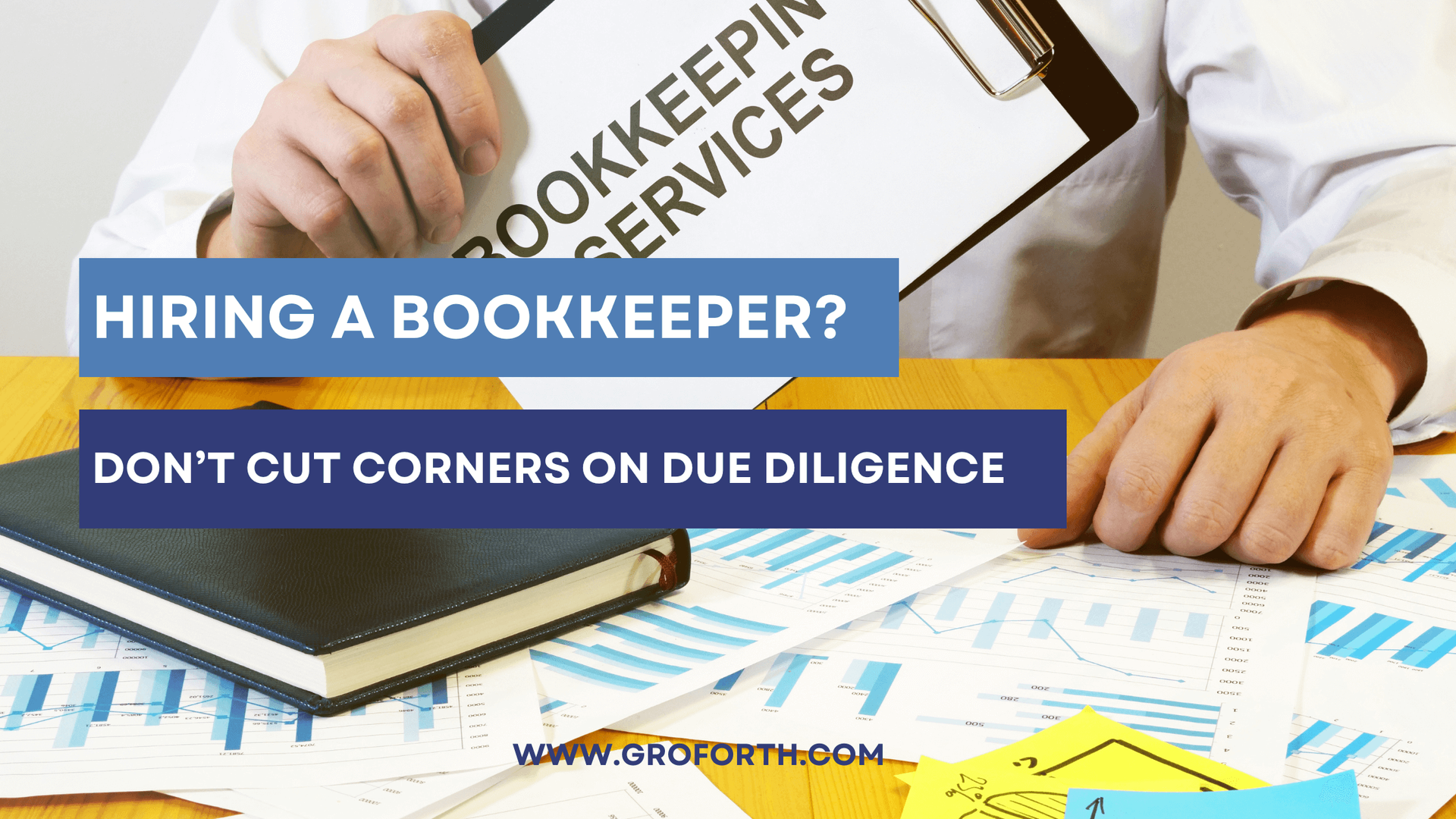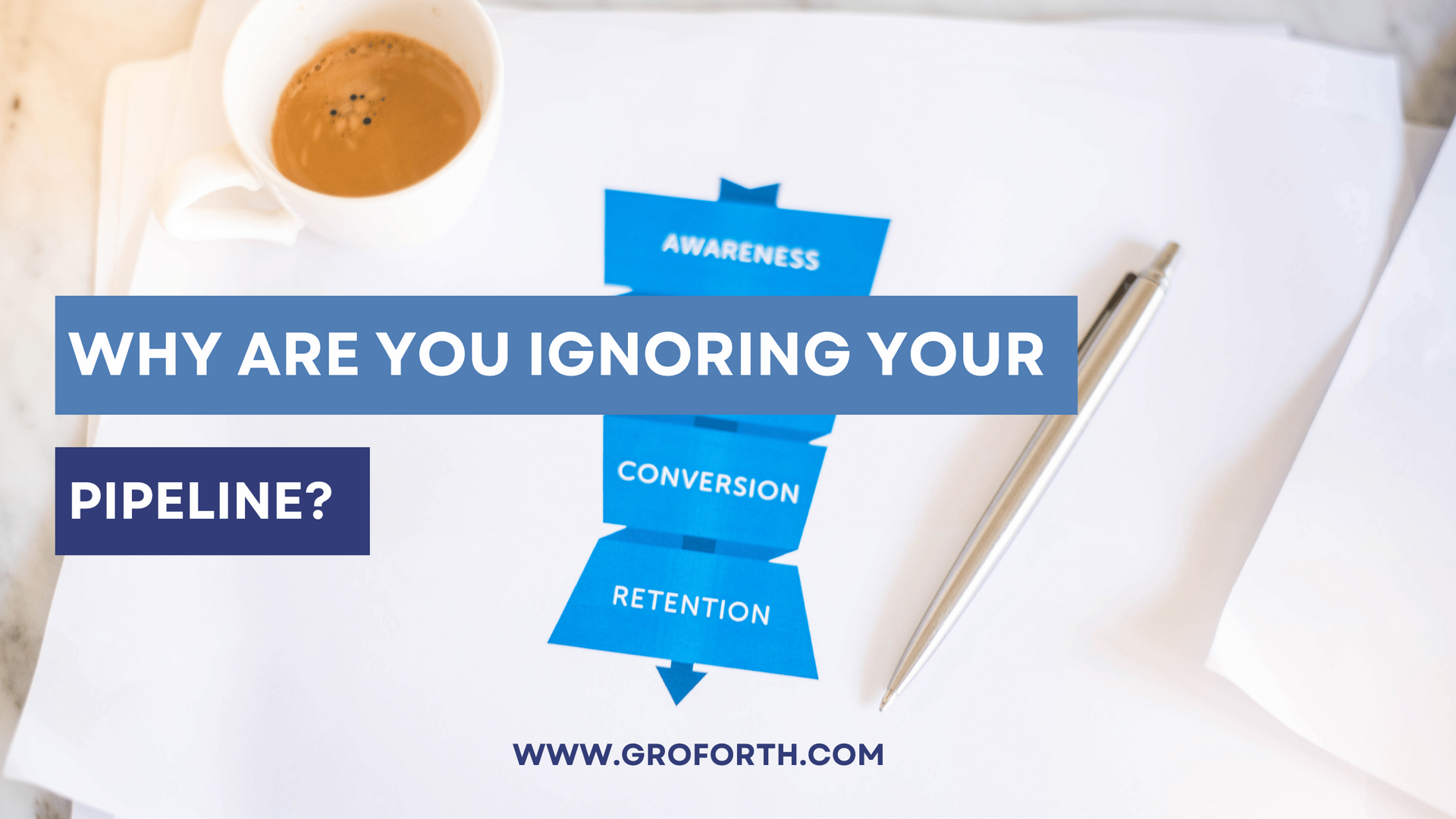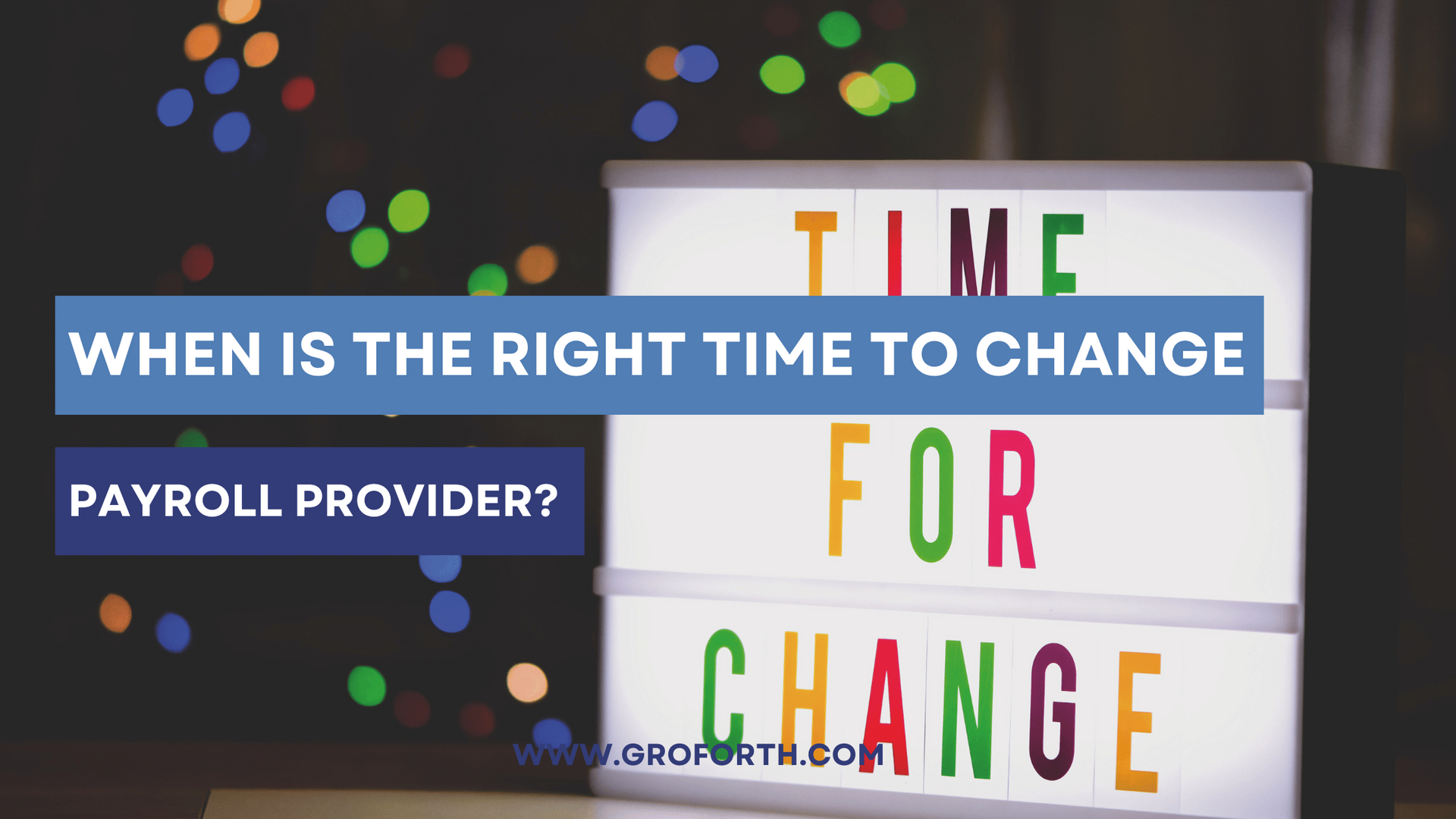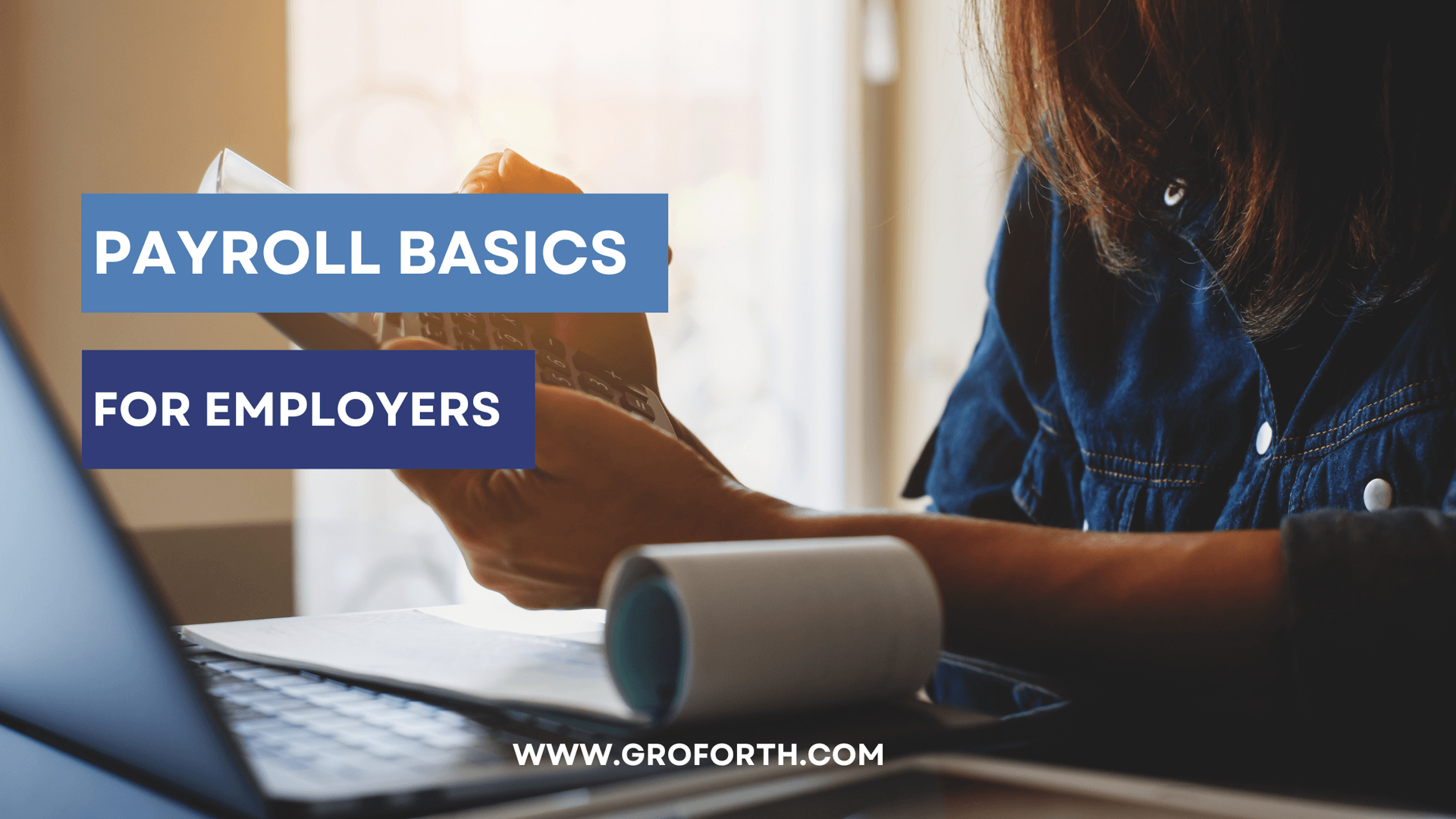Hiring a Bookkeeper? Don’t Cut Corners On Due Diligence

While you may need help with your record-keeping and accounts, before hiring a bookkeeper it’s important to check their qualifications, says GroForth’s Geraldine.
I’ve lost count of the number of times I’ve been called on to fix problems where companies ended up in hot water because their record keeping was not up to scratch.
Sometimes, it’s simply that as companies gain more customers, a backlog builds up because their bookkeeping processes were not designed to grow with the business. In other cases, the problem is that bookkeeping becomes more complex as businesses develop and can be difficult to manage in-house if there isn’t a qualified bookkeeper on the team.
Typically, owners contact me when they realise that they are running into cashflow problems due to invoices not going out on time or payments being delayed. When problems like this arise, there are two ways to resolve them — either hire a bookkeeper or outsource the bookkeeping to a specialist provider like GroForth.
While there are pros and cons to each of these options, generally for small businesses it makes sense to outsource. A key advantage of outsourcing is that you don’t have to provide salaries and training for an in-house team. There are capital expenditure savings too as you don’t have to purchase technology and office equipment.
Questions to ask when hiring a bookkeeper
Regardless of whether you decide to hire a bookkeeper or outsource, it is important to conduct due diligence so that you can have confidence that the bookkeeping is reliable and accurate and that risks are properly identified and managed. This is critical because of the way that bookkeeping records intersect with tax and regulatory compliance requirements.
Set out below are a few key questions to ask when hiring a bookkeeper:
• Should I hire a bookkeeper or an accountant? This is the first question to ask as many business owners are confused about the difference between the two roles. A bookkeeper helps you organise and maintain records of your business transactions whereas an accountant prepares your annual financial statements, provides business and tax advice and helps ensure that you comply with relevant legal and regulatory requirements. So the bookkeeper is essentially an administrative role whereas the role of the accountant is more strategic and advisory. Often, accountants will recommend that you use a bookkeeper to help keep your records up to date and accurate.
• What does a bookkeeper do? Typical duties include processing accounts payable and accounts receivable, checking calculations and balance sheet entries, tracking down and resolving errors, posting journal entries, tracking fixed assets, issuing RCT reminders, preparing trial balances, and generating management reports. Bookkeepers also help resolve queries from internal departments, suppliers and customers.
• What qualifications does the bookkeeper hold? When hiring a bookkeeper, it is important to verify that they have appropriate qualifications and training. Look for evidence of qualifications and membership of recognised professional organisations.
• How do they keep up to date? While you are responsible for ensuring that your organisation complies with all applicable legal and regulatory requirements, it is important that your bookkeeper keeps up to date and is conscientious about alerting you to potential problems. In the hiring process, ask for some examples of situations where they have successfully identified problems and recommended corrective actions.
• What accounting systems are they familiar with? Most companies today use accounting software or cloud based accounting solutions. When hiring a bookkeeper, it is a good idea to check if they are familiar with the system that you use. If they have not used your system before, you will need to provide training. A point worth keeping in mind here is that the more qualified the bookkeeper is, the better equipped they will be to take full advantage of the functionality of your accounting system.
• Do they have experience working with companies in my sector? Depending on the industry, there can be different ways of dealing with certain bookkeeping tasks. For this reason, a good question when hiring, is to ask whether the bookkeeper has experience of working with other companies in your sector.
• What data privacy and security measures are in place? This is an important question if you are outsourcing your bookkeeping and especially if the arrangement you are considering will involve transferring data out of Ireland. Remember that security breaches could reflect badly on your business.
• What backup procedures are in place to protect my data? As with the previous question, it is important to check this if you are outsourcing your bookkeeping.
• What are the terms of engagement? If you are hiring a bookkeeper for your in-house team, it is important to draw up their contract of employment correctly so that it reflects their terms and conditions as well as the duties that they will be required to carry out. Equally, when outsourcing, you will need to agree terms of engagement with your service provider. The service provider should provide you with an engagement letter.
• Do they have professional indemnity insurance? This is an important protection when outsourcing your bookkeeping.
Importance of reliable bookkeeping records
Good decision making is the foundation of successful businesses and access to reliable information is the basis of all good decisions. This is why it is so important to hire the right bookkeeper, ensure that they are properly qualified and that they have the necessary skills to record your business transactions accurately and on time.
If you need support, GroForth’s bookkeeping team can provide assistance. Likewise, if you need help to analyse or interpret financial information or want someone to do this for you, GroForth can extract meaningful management reports from your business data. These reports help you plan more effectively. For more information and/or to discuss your specific bookkeeping needs,
please contact us for details.
GroForth Blog










